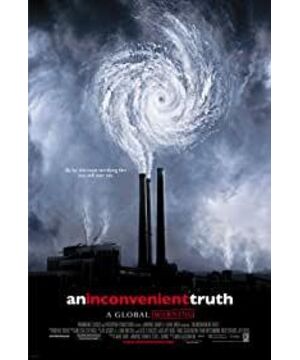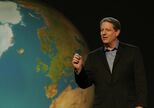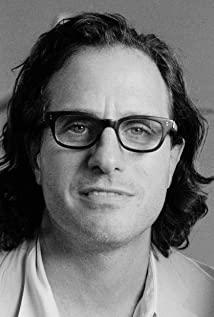survey
==========
After watching the film, I asked a friend in the Netherlands: If the Netherlands is submerged by sea in 20 years, what do you plan to do now? What he said: The government's energy policy is a very important aspect. For example, he stopped driving a car since last year (the Dutch gasoline is equivalent to 13.8RMB/liter, which is the second most expensive in Europe. He asked me by the way what is the price of gasoline in Beijing, should it be 4.9 RMB at the moment?), he bought one instead. A hybrid bicycle only takes 20 minutes to go to work every day (5 minutes longer than driving a car); the
cost analysis is as follows: the bicycle can recover the purchase cost in 2 weeks and run at 1/20 of the original energy consumption to
purchase a hybrid bicycle = The price of 1 box of gasoline (enough to drive 2 weeks of gasoline)
hybrid bicycle = 1 liter of gasoline per week.
In addition, there are discounts on electricity and natural gas equipment in the Netherlands, and he even asked me: coal from many open-pit mines in China The problem of spontaneous combustion is also an important source of carbon dioxide. And he also knows that there are special fire extinguishing equipment that can be used to extinguish spontaneous combustion.
Regarding the assumptions in the film
==============
"An Inconvenient Truth" (Neglected Truth) The film encourages people to face the problem of global warming caused by rising carbon dioxide levels since the 1970s. In the film There is a "hypothesis" for Americans. If you make the following improvements:
use low-energy appliances;
use low-energy cars (hybrid is recommended);
use carbon sequestration (carbon dioxide) technology;
...
It is possible to reduce US carbon dioxide emissions to levels before the 1970s. But how long will it take for these measures to be fully implemented? Can energy consumption fall faster than global warming. Even if it is assumed that the United States can do this, it must be considered that the energy consumption per user of Americans is many times higher than that of China (the potential for consumption reduction is great). It is indeed difficult for China to return to the level of emissions before the 1970s: the population has increased by 50%. %, and the energy consumption per capita was very low in the 1970s...
Conclusion: It is not optimistic
==============
So in addition to using environmentally friendly practices as much as possible, you should also start to understand yourself. The changing trend of the surrounding environment: Prepare all kinds of self-help for warming and drying out. For example:
disease: some new diseases in recent years are prevalent: SARS avian influenza is just the beginning, various low-level organisms/viruses are more likely to adapt to changes in the environment, and some higher-level organisms and natural enemies are slower to adapt, so various occurrences will occur in the future The chances of new diseases and epidemics will increase.
Other problems: water shortage, etc...
Method
==== I
feel that the whole movie is just a big PPT, and the detailed figures/graphs are very convincing. And the two viewpoints/methods that impressed me in the film:
1. Know the result faster: all successes and failures depend on who can know the result faster (the speed of evolution);
2 city by city, people by people: this This is the method used by the Preacher Gore to spread his views.
Here is a collection of screenshots of the charts in a set of articles:
http://www.flickr.com/photos/wowkodos/sets/72157594412973859/
View more about An Inconvenient Truth reviews











